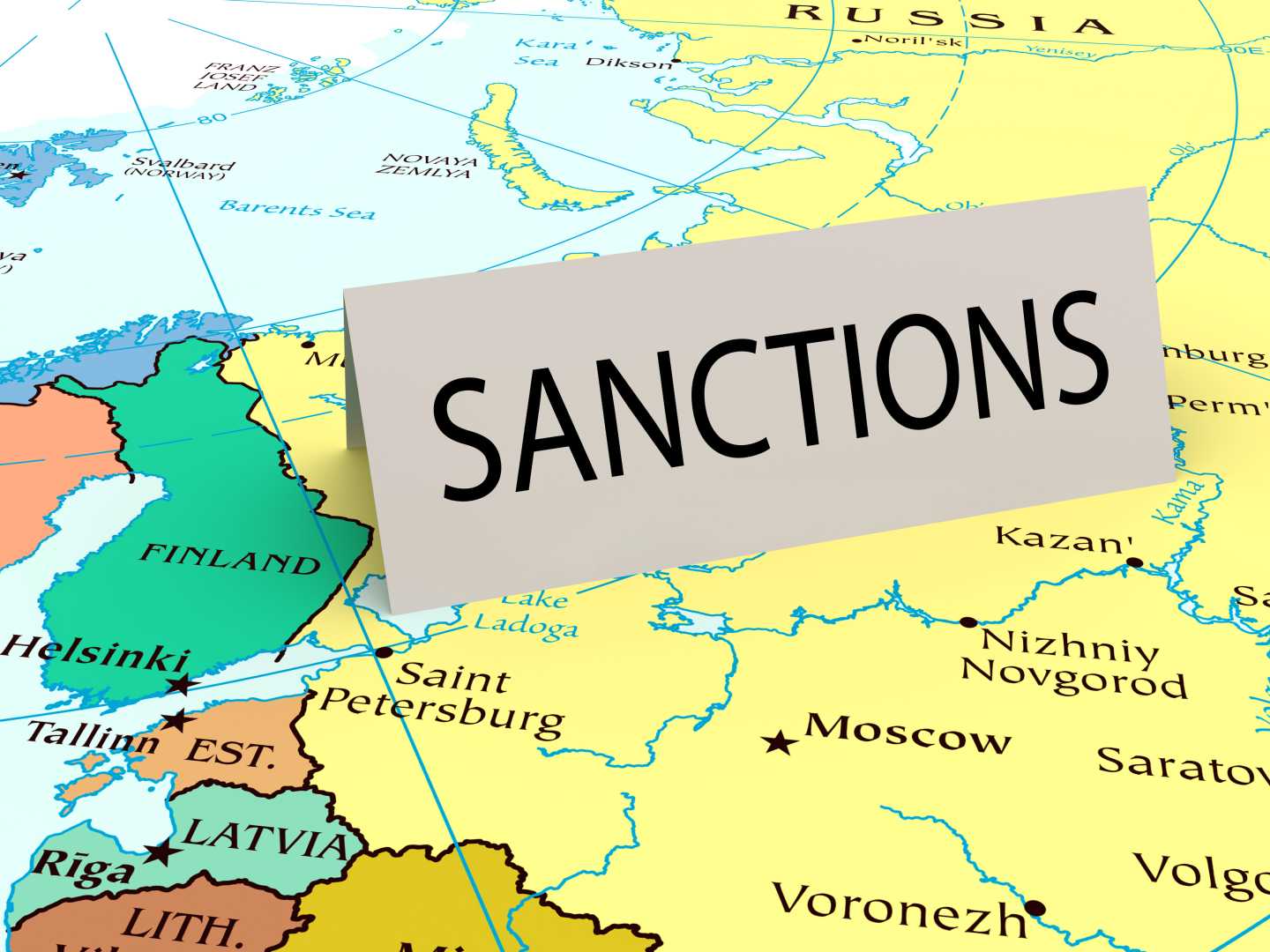News
Canada’s Inadequate Enforcement of Microelectronics Ban to Russia Raises Concerns

In the wake of ongoing conflicts involving Russia, notably its full-scale invasion of Ukraine, Canada implemented a legal ban on the shipment of microelectronics to Moscow. However, recent investigations by CBC News have revealed that enforcement of this law has been insufficient, with Canadian authorities being aware of numerous instances where companies and individuals continue to export such goods illegally.
Despite the sanctions set by Canada, the United States, and various NATO nations aimed at restricting Russia’s access to advanced technologies, Russia has reportedly resorted to intricate schemes involving shell companies and multiple layers of shipping agents to circumvent these restrictions. “Due to Western sanctions and restrictions on technology and components needed for its ongoing invasion of Ukraine,” remarked Lucas Webber, a New Brunswick-based analyst and geopolitics expert, “Russia is finding creative ways to tap into external industries and supply chains.”
The need for microelectronics is critical for Russia, serving essential roles in its military operations, such as in missile technology and drones. Recent data shows that sanctioned technologies are still reaching Russia through convoluted networks which include Canadian companies and citizens, although specific charges by Canadian law enforcement have yet to be brought forward.
In a series of investigative reports, CBC News revealed that a Toronto address was associated with the export of over $80 million worth of microelectronics to Russia. Additionally, lists from a Russian arms manufacturer identified parts sourced from Canadian companies Aimtec and EXFO, among others. Both companies, however, have denied any direct dealings with Russia.
U.S. authorities, in contrast, have been proactive in prosecuting individuals and entities involved in this illegal trade. Notable cases include that of two Canadian-Russian nationals, one of whom has been sentenced in the United States for providing military components to Russia. This response stands in stark contrast to Canada, where federal agencies like the Canada Border Services Agency (CBSA) have not yet managed to lay any charges relating to such exports.
“As is the case with many nations, Canada likely has staffing inadequacies, be it in specialist knowledge or quantity,” commented Webber, underscoring the challenges faced by Canadian authorities. Cooperation and improved coordination with other countries are seen as vital for effective sanctions enforcement.
Meanwhile, authorities in the U.S. have increased their sanctions efforts, creating dedicated teams such as the Disruptive Technology Strike Force designed explicitly to tackle such violations. These proactive steps have resulted in multiple enforcement actions prominently missing in Canada’s approach.
Canadian authorities, including the RCMP, have stated they are working to address the issue, but critics, like Olena Bilousova from the Kyiv School of Economics, argue legal actions against known entities like Alburton Enterprises Inc. have been slow. “A slow response in such cases allows companies time to reorganize, form new entities, and continue supplying goods to Russia,” remarked Bilousova.
As the situation progresses, there is a pressing need for stronger measures and enforcement in Canada, with calls for improved international collaboration and an urgent realignment of resources to curb illegal shipments effectively.












